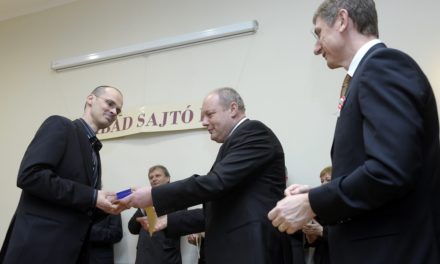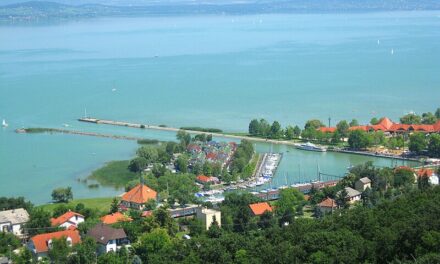The fallen prime minister tried to explain what he had messed up.
"- I believe that today we would govern the country better than the current ones, and even more so than the way we did it a decade and a half ago," reflection on the yin and yang of politics . All this is stated by the fallen prime minister who in 2006, shortly after the MSZP-SZDSZ coalition won the parliamentary election, admitted in his speech in Balatonőszöd that they had lied to the people during their administration and that
by concealing the real data and planned cuts, he essentially won the election by fraud.
Meanwhile, it pushed the country to the brink of bankruptcy, so brutal austerity became inevitable. Now, as the president of the Republic of Hungary, he believes that "there are only a few areas where Hungary is performing better today than it was a decade ago," added .
"Orbán's administration after 2010 is an example of how the party's, the party elite's desire for power overcame the aspects of serving the public good. We rarely find areas where Hungary is performing better today than it was a decade ago. His administration in 2006-2009 had the opposite sign. His administration in 2006-2009 had the opposite sign. The period was characterized by fair, good plans and intentions serving the public good, not easy decisions and changes, but the political majority went for it"
- explains Gyurcsány afterwards, and according to him, the question is not whether certain professional decisions are sometimes overridden by considerations of power or vice versa, but rather what is characteristic of governance as a whole.
"- One end of the scale shows the situation when the power of the governor remained, but the country disappeared, and the other extreme is that although good things happened, but the governors failed, and thus the possibility of continuing the government was lost"
- he said, implying that the other extreme means his government.
Well, the "good things" that Gyurcsány mentions were actually austerity. Among other things, this included a 30 percent increase in the price of domestic gas and a 10-14 percent increase in the price of electricity.
During the second Gyurcsány government, in 2008, residential energy prices were increased four times in ten months, by a total of 28 percent.
In addition, the thirteenth monthly pension was abolished and the amount of family allowances was reduced.
Cover image: MTI













